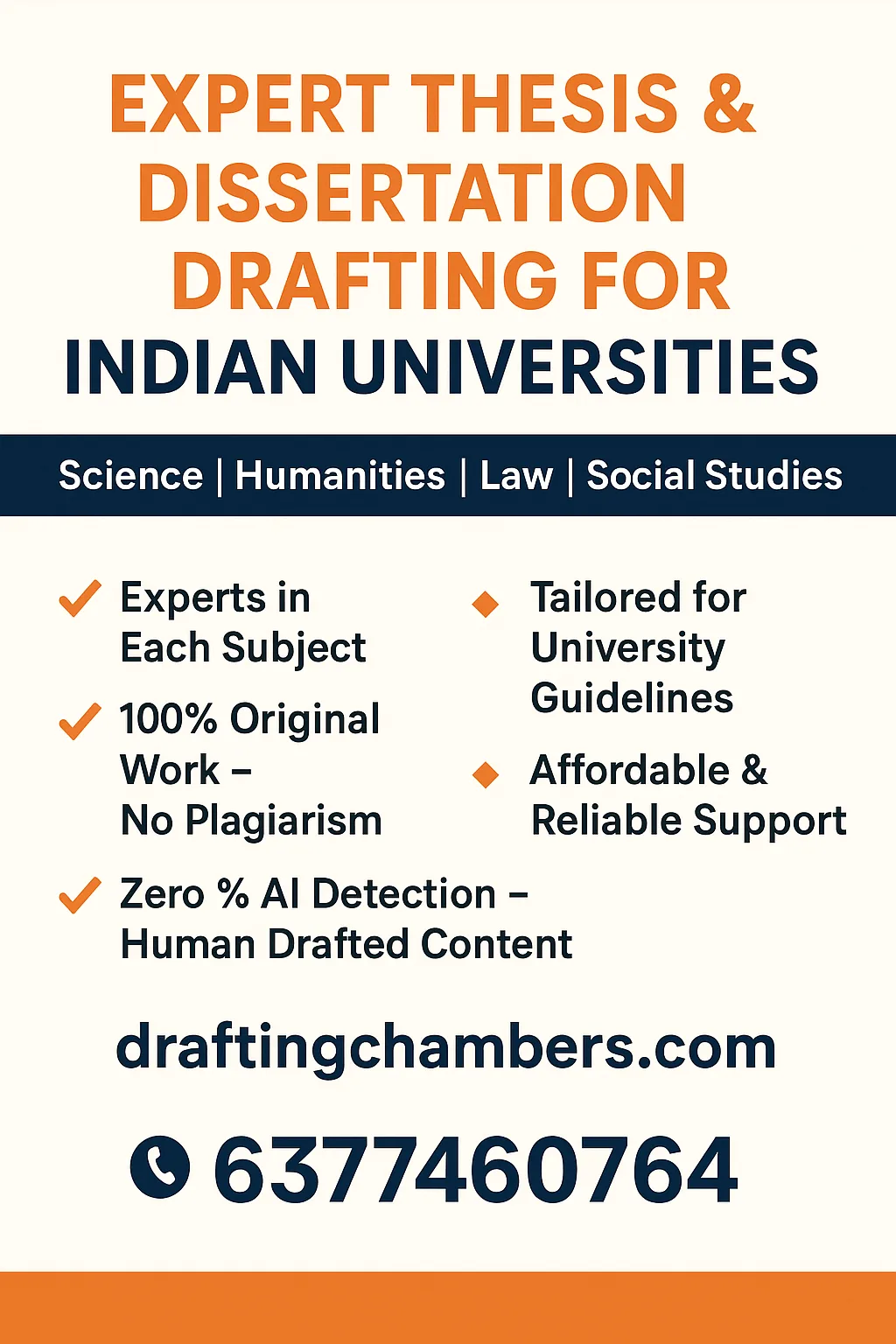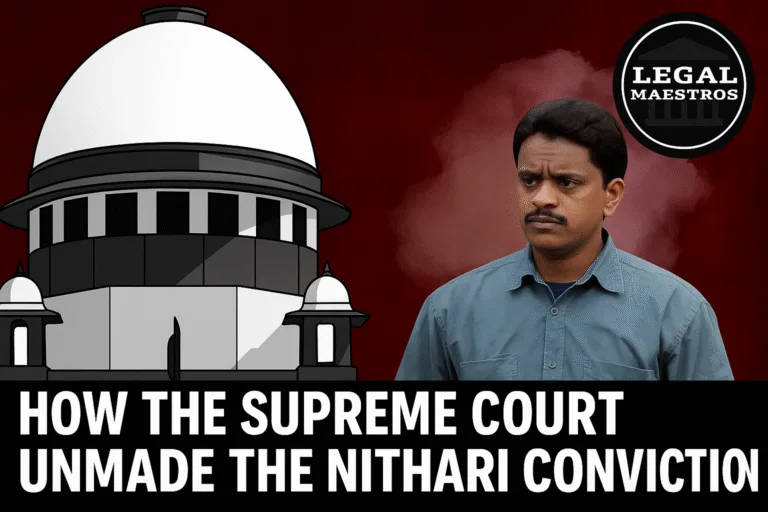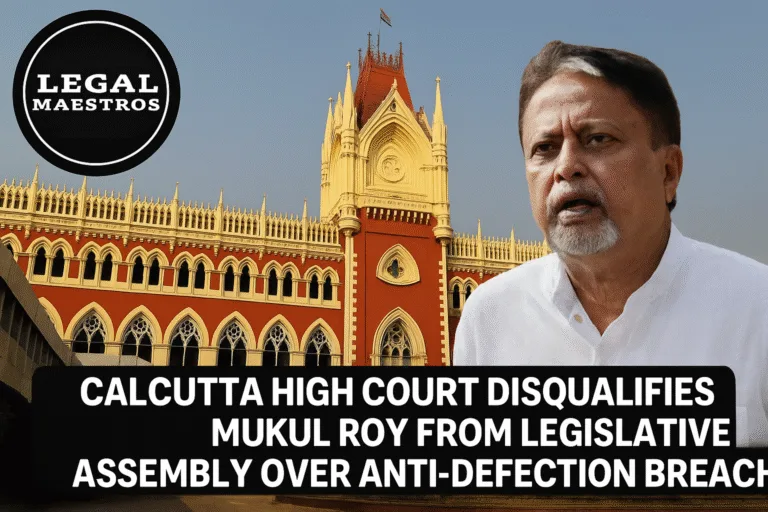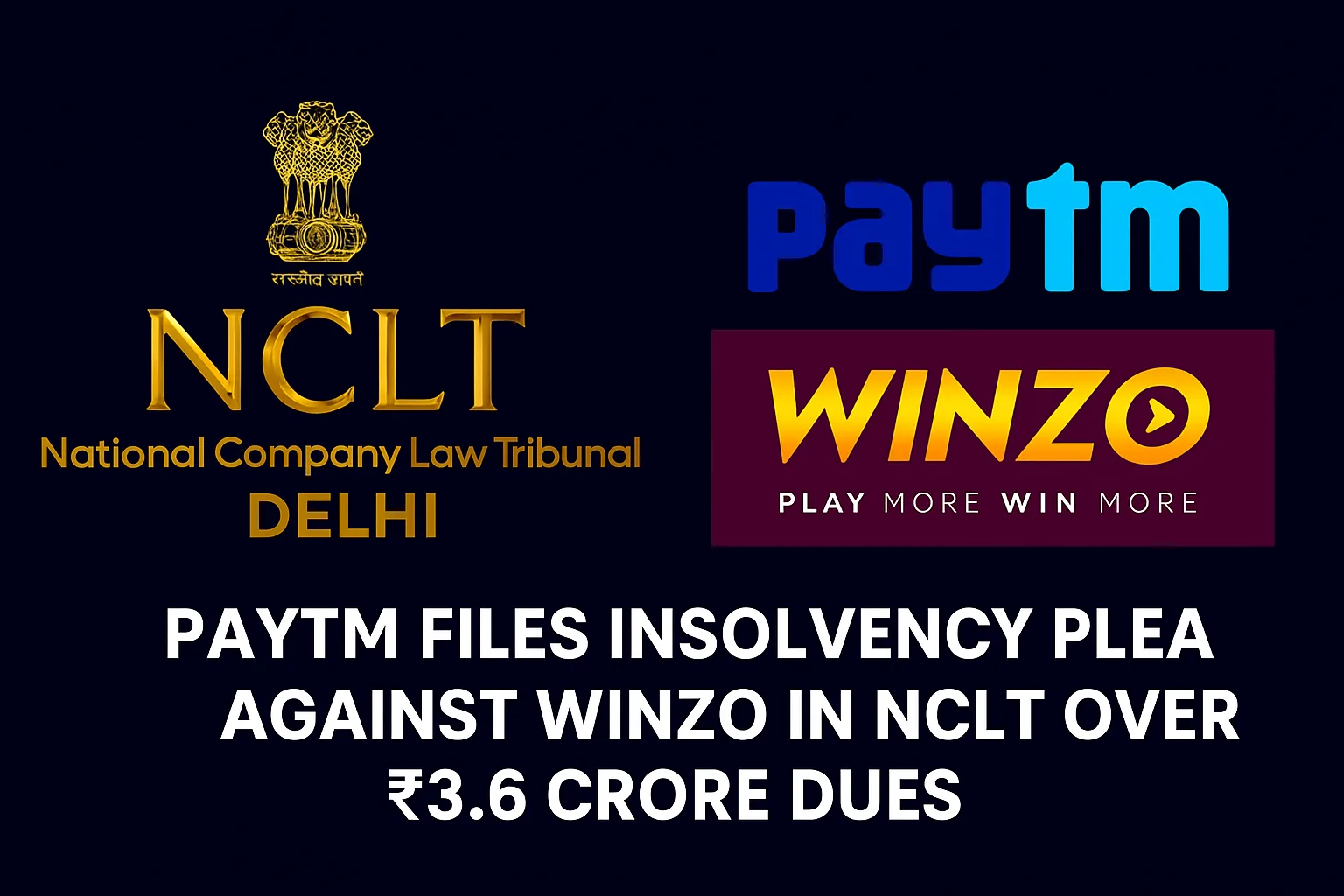
Supreme Court Bench of Justices Pankaj Mithal and S.V.N. Bhatti Clarifies Deemed Tenancy under Bombay Rent Act Cannot Be Claimed from Business Conducting Agreements
Introduction
The Supreme Court of India rendered a major ruling in the matter of *Annaya Kocha Shetty (Dead) Through LRs v. Laxmibai Narayan Satose (Dead) Through LRs & Others*. On April 8, 2025 This case concerned whether Section 15A of the Bombay Rents, Hotel and Lodging House Rates Control Act, 1947 (Bombay Rent Act) would classify someone running a hotel under an agreement as a “deemed tenant.” The plaintiff’s claim to tenancy rights was denied by the Court, which also decided that the agreement unequivocally demonstrated a company running arrangement instead of a lease or a leave and licence agreement. The verdict clarified the legal interpretation of such agreements and the restrictions on claiming tenancy under rent control rules.
Background and Concurrent Information
The conflict started over two Mumbai stores used for running a guesthouse. The spouse of Laxmibai Narayan Satose originally leased the land. She carried on as lessere and ran the hotel after his death. She signed a contract in 1967 letting Annaya Kocha Shetty, the complainant, run the hotel under the name “Shri Samarthashraya Vishranti Graha.” Said to be one for business, the agreement refers to the parties as “owner” and “conductor.”
The plaintiff claimed to have been paying monthly amounts labeled as “royalty,” had exclusive access to the premises from 1967, and was in charge of personnel management and utility bill payment. Under Section 15A of the Bombay Rent Act, the plaintiff sued in 1997 hoping for a declaration stating he was a “deemed tenant,” based on this long-term relationship. He also asked for a permanent injunction meant to stop eviction.
For any queries or to publish an article or post or advertisement on our platform, do call at +91 6377460764 or email us at contact@legalmaestros.com.
The plaintiff won the trial court; but, the appellate court reversed this decision, ruling that the arrangement was for business and not a tenancy. The High Court maintained the assessment of the appellate court. Now representing himself through his legal advisers (LRs), the plaintiff appealed to the Supreme Court.
Section 15A of the Bombay Rent Act **Legal Provision Involved
Section 15A of the Bombay Rent Act, which gives those in possession of buildings under certain license agreements the status of “deemed tenant,” was the central clause fueling the conflict. Only if the licensee is in exclusive control of the premises and if the arrangement is a leave and license agreement will the protection under this provision be accessible.
Before the Supreme Court, the agreement dated August 16, 1967, between the parties could be categorized as a license agreement generating a right of possession or as merely a contract to run a business under the control and ownership of the original license holder.
For any queries or to publish an article or post or advertisement on our platform, do call at +91 6377460764 or email us at contact@legalmaestros.com.
For More Updates & Regular Notes Join Our Whats App Group (https://chat.whatsapp.com/DkucckgAEJbCtXwXr2yIt0) and Telegram Group ( https://t.me/legalmaestroeducators )
Exploration of the Agreement
The language and content of the 1967 agreement were closely studied by the Supreme Court. It observed that the agreement was clearly written as a “agreement for conducting” and referred usually to the parties as “owner” and “conductor.” The terms of the agreement exposed the following main points:
Though she kept possession of the hotel, the owner granted the conductor permission to handle the operations.
For any queries or to publish an article or post or advertisement on our platform, do call at +91 6377460764 or email us at contact@legalmaestros.com.
Called “royalty,” the monetary consideration connected more with corporate operations than with rent.
The conductor could not pass the business to another person or sublet it.
Salary, license, taxes, and daily operations fell to the conductor.
For any queries or to publish an article or post or advertisement on our platform, do call at +91 6377460764 or email us at contact@legalmaestros.com.
The owner kept rights to retain inspections and may have ended the agreement with notice.
Based on this, the Court decided that the arrangement did not establish a tenancy or license of the property itself but rather let the plaintiff conduct the hotel business on behalf of the owner, therefore transferring possession of the premises.
important Legal Discoveries on Evidence
To prove he was in exclusive possession and was treated as the operator of the premises, the plaintiff tried to offer oral and documentary proof including sales tax certificates and utility invoices. The Supreme Court stressed, nevertheless, the fact that, aside from one of the few exceptions, Sections 91 and 92 of the Indian Evidence Act forbid parties from contradicting their terms by oral evidence when a written contract exists.
For any queries or to publish an article or post or advertisement on our platform, do call at +91 6377460764 or email us at contact@legalmaestros.com.
The Court decided in this regard that no such exclusions applied. It underlined that the record unequivocally reflected the actual nature of the transaction and that oral or circumstantial evidence would not be able to sustain any interpretation of it otherwise.
The Court further underlined that, should the contractual agreement contradict such a conclusion, simple long-term usage of the property or payment of taxes does not automatically grant tenancy rights. The nature of the arrangement at its genesis and the intention of the parties at that time define the important test.
Difference Between Leave and License and Business Conducting
The difference between a contract for running a business and a license to occupy space is one of the main legal ideas underlined by this decision. Under a business conducting agreement, the owner retains general control and legal possession of the property while the operator is only allowed to run the company. Conversely, a leave and license agreement gives the licensee, albeit momentarily, the right to occupy the premises.
For any queries or to publish an article or post or advertisement on our platform, do call at +91 6377460764 or email us at contact@legalmaestros.com.
The agreement in this case fit solidly in the first group, the Supreme Court said. Although the owner had granted the plaintiff the authority to run the hotel, he had not legally handed him possession of the property. The Bombay Rent Act thus makes the plaintiff incapable of being regarded as a licensee or renter.
Rejecting Tenancy Claim
The Court decided the petitioner was not entitled for protection under Section 15A of the Bombay Rent Act since it only covers persons in possession under a leave and license agreement as of February 1, 1973. The agreement was one of business management; it did not give him legal ownership of the land. The plaintiff could not thereby assert the rights of a tenant, and the owner’s ending of the agreement was legal.
For any queries or to publish an article or post or advertisement on our platform, do call at +91 6377460764 or email us at contact@legalmaestros.com.
The Supreme Court maintained the rulings of the High Court and the appellate court by discounting the appeal. It said that the plaintiff was only a business conductor per agreement, never a licensee or tenant. It instructed the plaintiff’s legal representatives to reimburse the original owner’s legal representatives ₹1,00,000.
This ruling offers significant legal clarification on how courts ought to differentiate between several forms of business and property agreements. It emphasizes how much the real content and intent of the agreement count than the title or label given to a document. Particularly with regard to statutory rights like tenant protections under rent control regulations, the Court underlined furthermore that oral testimony cannot be used to contradict unambiguous terms of a written contract.





![Research Assistantship @ Sahibnoor Singh Sindhu, [Remote; Stipend of Rs. 7.5k; Dec 2025 & Jan 2026]: Apply by Nov 14, 2025!](https://legalmaestros.com/wp-content/uploads/2025/11/Gemini_Generated_Image_s0k4u6s0k4u6s0k4-768x707.png.webp)
![Karanjawala & Co Hiring Freshers for Legal Counsel [Immediate Joining; Full Time Position in Delhi]: Apply Now!](https://legalmaestros.com/wp-content/uploads/2025/11/Gemini_Generated_Image_52f8mg52f8mg52f8-768x711.png.webp)